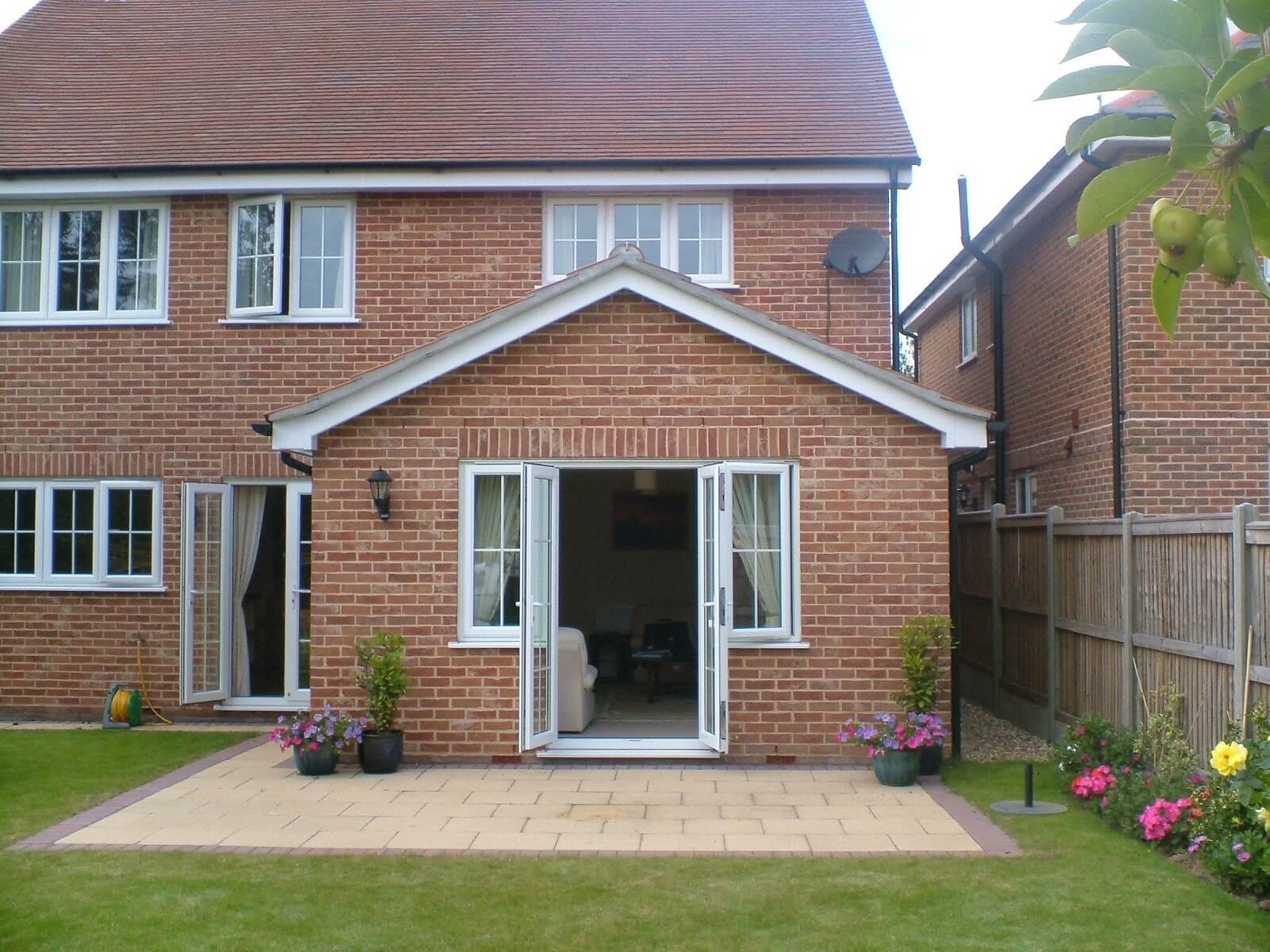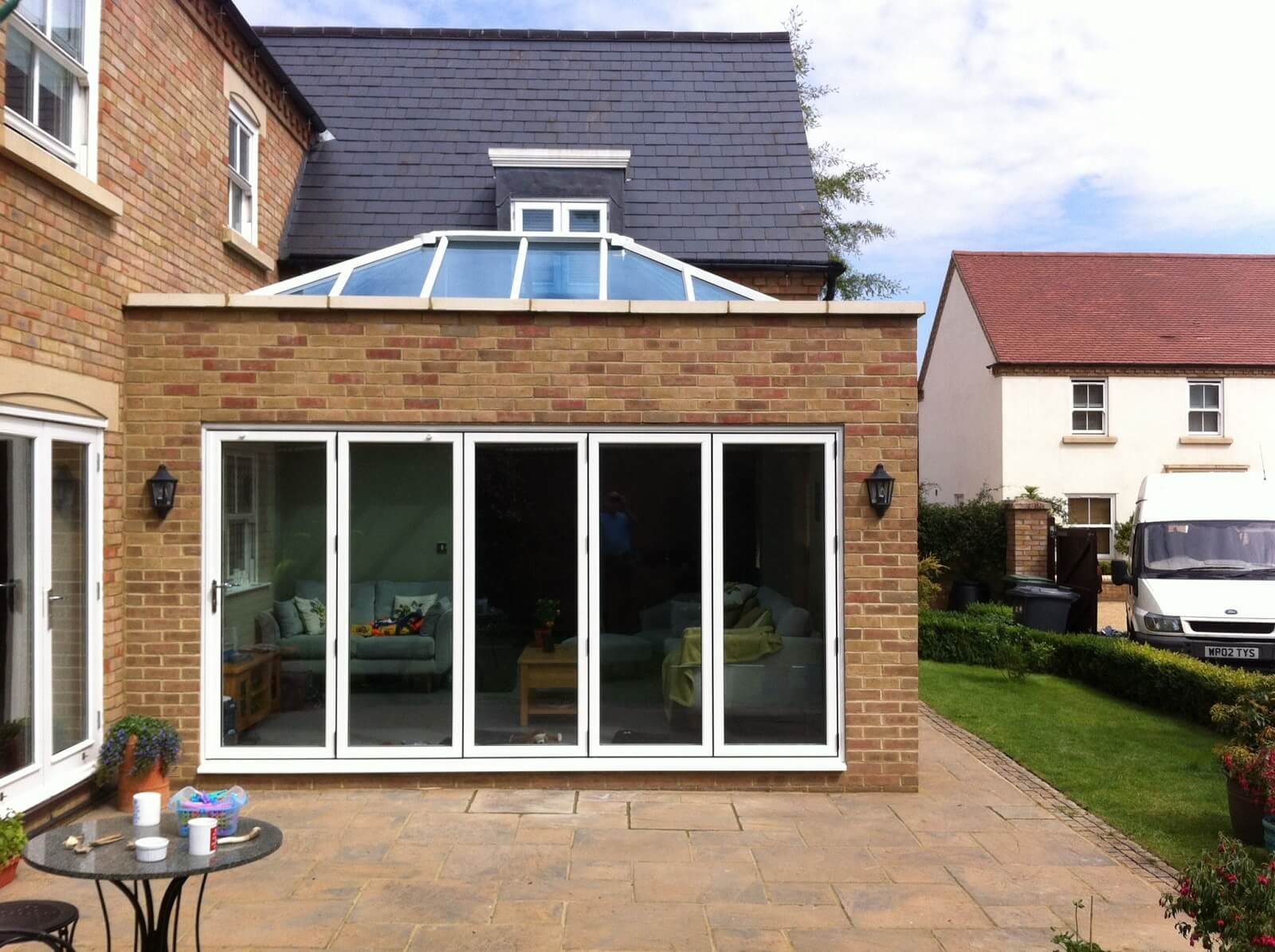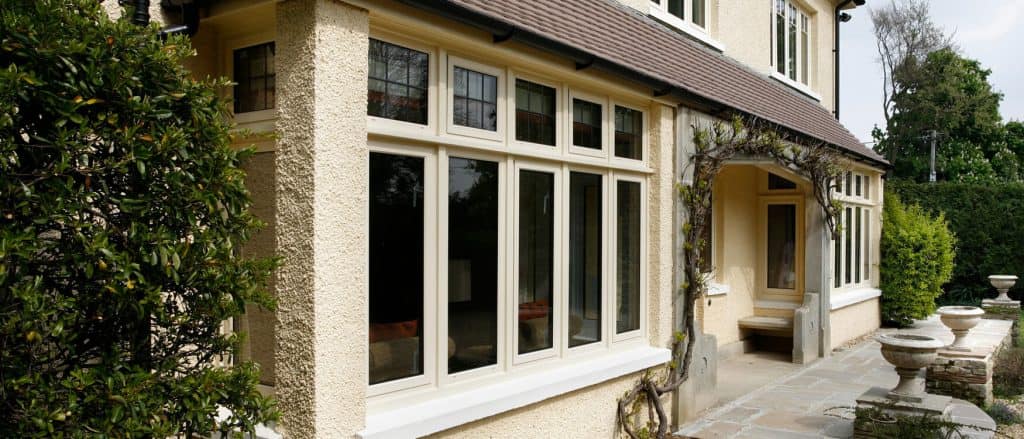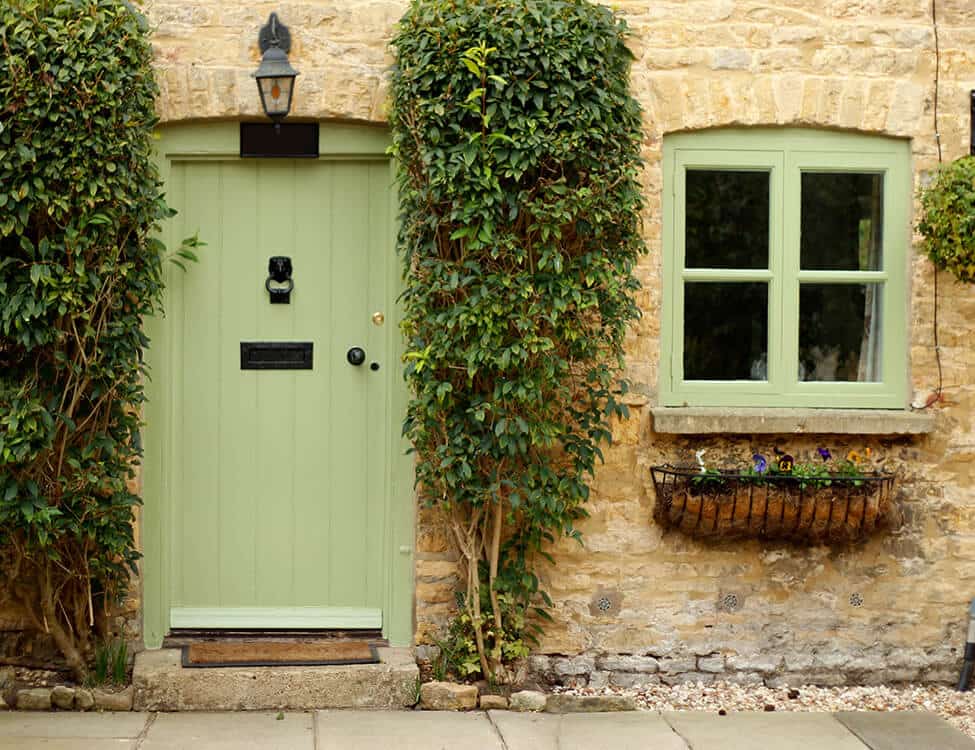If you’re hesitant to move because you love your home and where it is, but you just need some extra space, then a home extension can rejuvenate your living area to give you the room you desire. However, there are some frequently asked questions and matters homeowners want to understand prior to installing a home extension, so we’ve covered the top 3 things to know before starting your extension project below!
How much value does an extension add to your house?
The exact figure on how much value an extension adds to your house varies depending on the design of the extension, the house itself, and the location of the property. Nationwide’s research on the value of home improvements to an average three-bedroom house found that an extension that allows room for a double bedroom and en-suite can increase the value of the property up to 23%. An additional bathroom could add up to 6% and an extra double bedroom can add 12%.
An important thing to consider when designing an extension is to ensure it appeals to the average buyer’s taste. Matching it to the existing house’s architectural style is a good place to start.

How long do house extensions take?
The amount of time it takes to build any structure is generally dependent on its size and shape. But, before we begin any installation work, our team of expert surveyors will carry out a full technical survey and prepare working drawings for you to browse through. Typically, it takes 6-8 weeks from initial measurements, laying the foundation to a complete fully insulated and powered extension.
Do you need planning permission for a house extension?
Here at Chigwell Conservatories & Extensions, we take care of acquiring any necessary planning permissions before we start working on your home. But, for any who is wondering whether planning permission might be required for their extension, we have listed the current guidance for planning permission in England below:
- Your extension is no more than half the area of land around the original house. The “original house” is seen as it was in 1948; after this date, how it was originally built
- Your extension is not in front of the main elevation or side elevation that looks onto a highway
- Your extension is no higher than the highest part of the roof
- The maximum height of the single-storey rear extension is no higher than four metres
- Extensions of more than one storey do not extend beyond the rear wall of the original house by more than three metres
- Side extensions are single storey with maximum height of four metres and width no more than half that of the original house
- The materials are similar in appearance to the existing house
- Your extension does not include verandas, balconies, or raised platforms
It is also good to note that if you live in a conservation area like Chigwell Village or Coopersale Street, you may need approval to go ahead with any sort of extension. New build developments may also have restrictions in place, so be sure to check with your local authority, housing developer, or double-glazing expert!

Modern home extensions for homes in Essex, South-East London, and Manchester
It can seem a little daunting when faced with a home extension project but using the right team of experts can make all the difference. Here at Chigwell Conservatories and Extensions, we pay close attention to detail; from manufacturing right through to aftercare and everything else in between. With approximately 100 trained and informative experts on hand to answer any questions or book in appointments, contact us today or visit one of our showrooms in Romford or Manchester.


